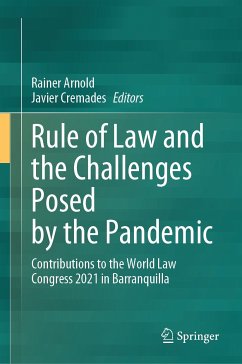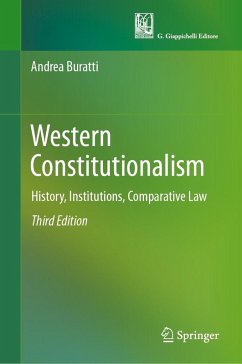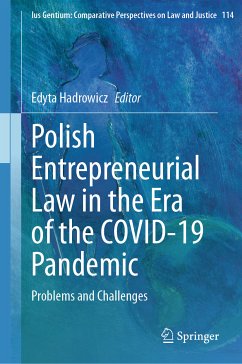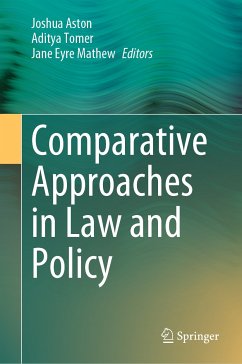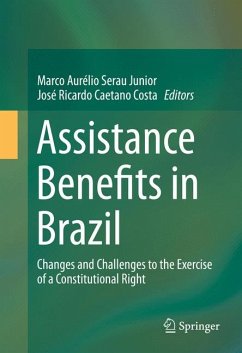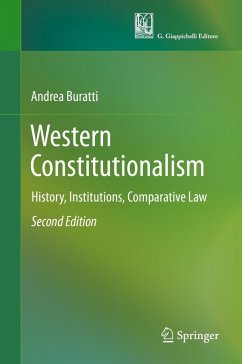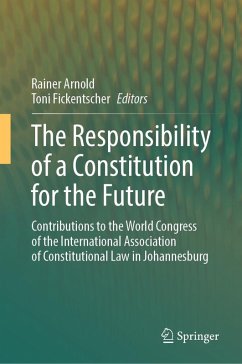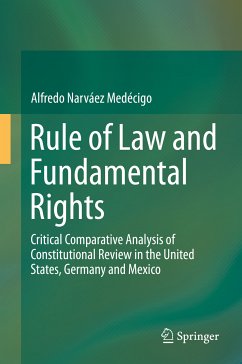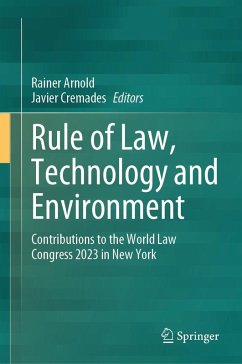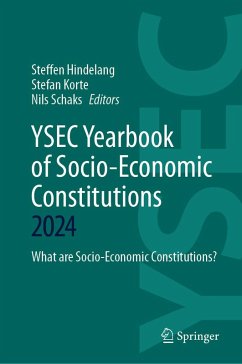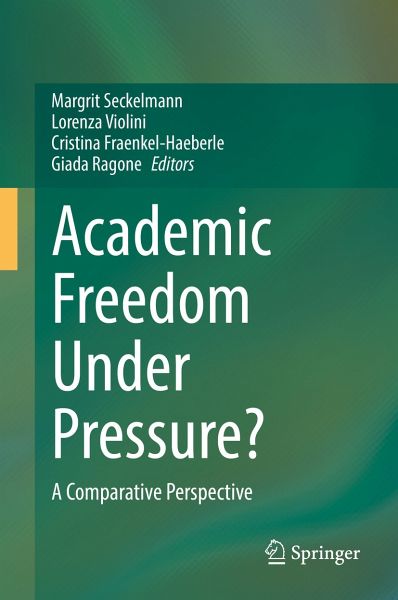
Academic Freedom Under Pressure? (eBook, PDF)
A Comparative Perspective
Redaktion: Seckelmann, Margrit; Ragone, Giada; Fraenkel-Haeberle, Cristina; Violini, Lorenza
Versandkostenfrei!
Sofort per Download lieferbar
136,95 €
inkl. MwSt.
Weitere Ausgaben:

PAYBACK Punkte
68 °P sammeln!
Is academic freedom threatened? The book examines current challenges to academic freedom in Europe, focusing mainly on Italy and Germany.The cases discussed demonstrate that research and teaching are under pressure in European democracies: in Hungary and Poland due to political constraints, in other countries due to societal expectations. Considering different interrelated aspects, the four parts of the book explore many real and potential threats to universities, scientific institutions and researchers, ranging from the European dimension of freedom of the arts and sciences to comparative ana...
Is academic freedom threatened? The book examines current challenges to academic freedom in Europe, focusing mainly on Italy and Germany.
The cases discussed demonstrate that research and teaching are under pressure in European democracies: in Hungary and Poland due to political constraints, in other countries due to societal expectations. Considering different interrelated aspects, the four parts of the book explore many real and potential threats to universities, scientific institutions and researchers, ranging from the European dimension of freedom of the arts and sciences to comparative analysis of emerging challenges to academic freedom against the backdrop of the COVID-19 pandemic. They highlight threats to university autonomy from the economic orientation of university governance, which emphasizes efficiency, competition, and external evaluation, and from new rules concerning trigger warnings, speech restrictions, and ethics commissions.
Detailed study of these complex threats is intended to stimulate scholarly reflection and elicit serious discussion at European and national level. The volume contributes to the search for a new role of universities and scientific institutions and is addressed to academics and political stakeholders.
Dieser Download kann aus rechtlichen Gründen nur mit Rechnungsadresse in A, B, BG, CY, CZ, D, DK, EW, E, FIN, F, GR, HR, H, IRL, I, LT, L, LR, M, NL, PL, P, R, S, SLO, SK ausgeliefert werden.



